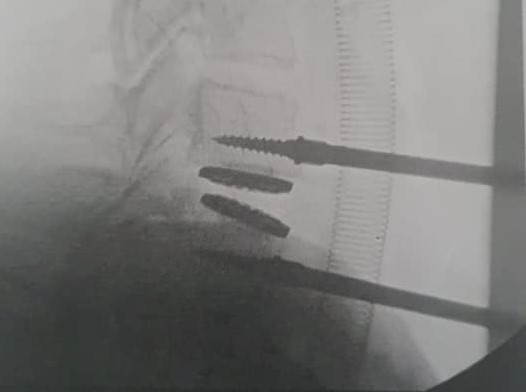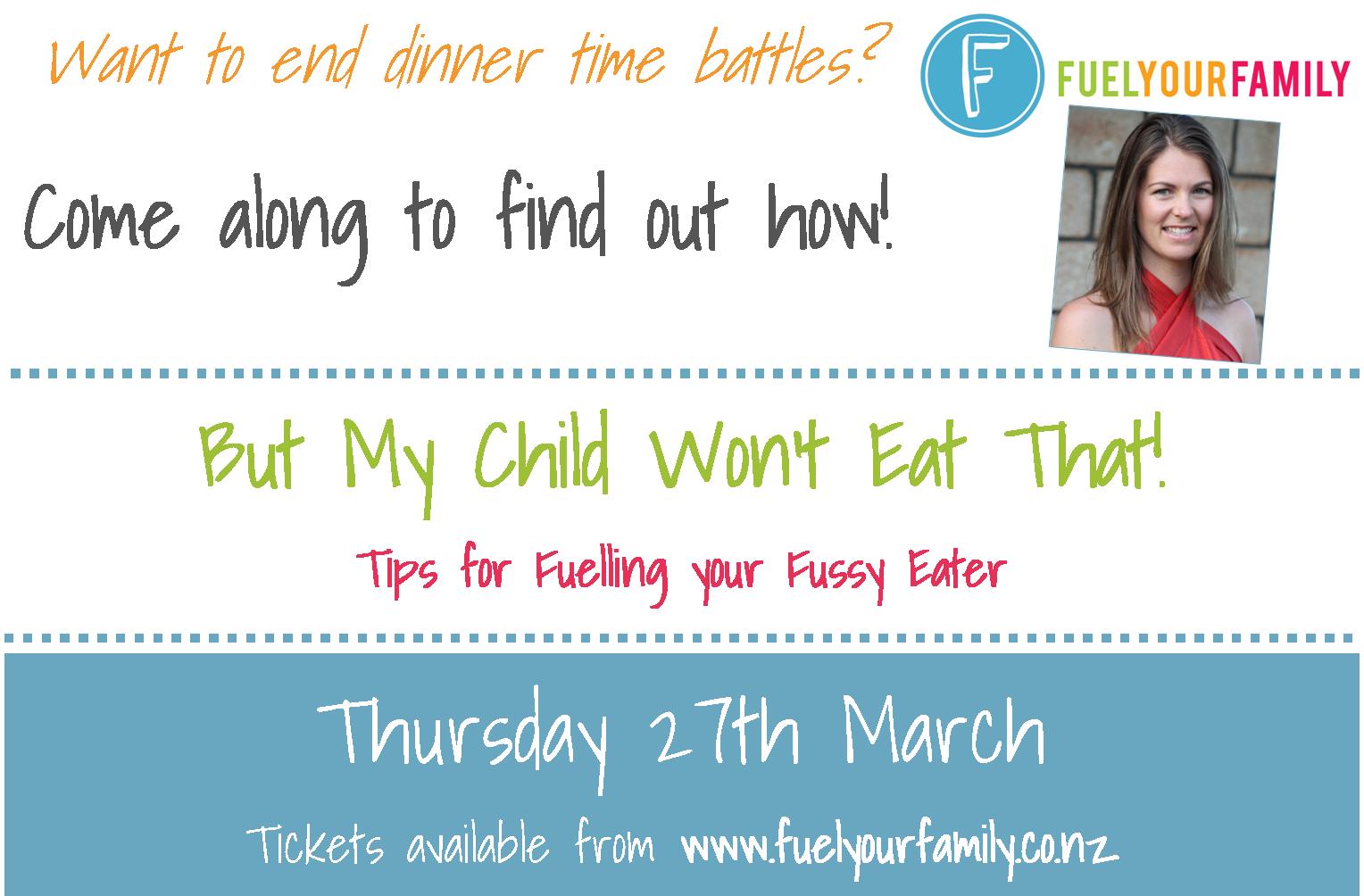What are you avoiding?
I ask you. What are you avoiding?
How is that benefitting you in the short term?
What about the impact in the long-term?

Today I had a pre-rehab assessment post my C6/7 disc replacement surgery (following an injury 4 years ago that also included a C5 fracture). One of the things identified was various parts in my neck that don’t move well. My connections between mind and some parts of my body are not as strong as they could be.
One of these relates to the movement of looking down. For the last 4 years, looking down has been a pain trigger for me. So as much as possible, I’ve avoided it. And while avoiding this movement has reduced pain, it has also reduced strength, flexibility and the connections from the brain to activate everything required for these movements.
The more I have avoided certain movements, the more my ability to do them at all has depleted over time. And some of the activities I have avoided, so as not to trigger pain, are ones that previously brought me joy.

And it got me thinking.
What else do we avoid?
- Difficult conversations?
- Memories?
- Social gatherings?
- Certain thoughts or feelings?
- Studying for exams?
- Completing a work task? (for me that’s always meal plans that I procrastinate over!)
And how do we avoid these?
Do you try to distract yourself with something else- like watching TV or scrolling social media?
Do you use food, alcohol or other substances?
Just plain not do them?
Maybe you get caught up in your thoughts about it – possibly worry about what’s coming up or going over and over something that has already happened.
What’s the impact?
Like me finding ways to minimise my physical pain over the last 4 years, these strategies can help us minimise uncomfortable situations, anxiety etc. They work in the short-term…that’s why we do them!
But when we overuse some of the above strategies we risk missing out on meaningful parts of life. We lose psychological flexibility, mind-body connection, and the strength to tackle challenging moments.
Avoidance is a common way of responding to painful thoughts, feelings and memories. These tendencies are even more heightened when you’ve experienced a traumatic event.
So I ask again – what are you avoiding? How are you avoiding it? What is the long term impact on your mental health? And what are missing out on because of your avoidance strategies?
Is there one action you can take today that is meaningful to you, even in the presence of discomfort?
Recognising our avoidance strategies, identifying how they do and don’t serve us, identifying what is in our control and committing to values-guided actions even in the presence of challenge are key parts of the acceptance and commitment therapy (ACT) tools that I integrate into my coaching. If you’d like to chat about how this could help you live the meaningful life you want to live, book a time to connect here.










Great piece Bron! I know I spent years trying to avoid and numb, so much better to ensure the initial pain to be able to move through it.. Otherwise you just end up holding on tighter to the pain
Absolutely Tim. Your clever brain was only trying to keep you safe. But as you’ve learnt, when overused, avoidance and numbing strategies take us further away from the person we truly want to be. Acknowledging our pain, making space for it, learning skills to drop the struggle…this is what allows us to take actions towards who we want to be, even in the presence of challenge and pain.